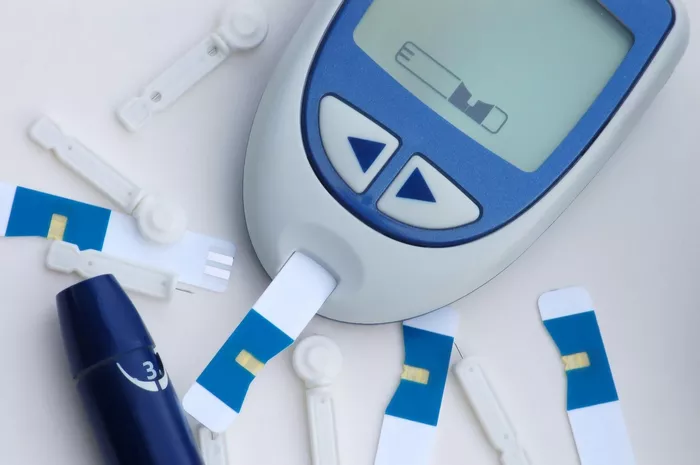Type 2 diabetes is a chronic metabolic disorder characterized by insulin resistance and high blood sugar levels. It accounts for the majority of diabetes cases globally and presents a significant public health challenge. In this article, we will delve into the causes, symptoms, and management strategies for type 2 diabetes, with a particular focus on the pivotal role of diet in its treatment and prevention of complications.
Understanding Type 2 Diabetes
Type 2 diabetes occurs when the body becomes resistant to insulin or fails to produce enough insulin to maintain normal blood sugar levels. Risk factors for developing type 2 diabetes include genetics, obesity, sedentary lifestyle, and poor dietary habits. Common symptoms include increased thirst, frequent urination, fatigue, blurred vision, and slow wound healing.
Importance of Diet in Managing Type 2 Diabetes
Diet plays a crucial role in managing type 2 diabetes by directly impacting blood sugar levels, insulin sensitivity, and overall health. Making healthy dietary choices can help individuals with diabetes better control their condition and reduce the risk of complications such as heart disease, stroke, and kidney damage.
Principles of a Balanced Diet for Type 2 Diabetes
A balanced diet for individuals with type 2 diabetes should include a variety of nutrients to support overall health and blood sugar management. Carbohydrates, proteins, fats, vitamins, and minerals all play important roles in maintaining optimal health. Monitoring carbohydrate intake and understanding the glycemic index/load can help regulate blood sugar levels. Portion control and meal timing are also essential for managing blood sugar spikes.
Foods to Include in the Diet
Diabetes-friendly foods include vegetables, fruits, whole grains, lean proteins, and healthy fats. These foods provide essential nutrients without causing rapid spikes in blood sugar levels. Leafy greens, berries, nuts, and fish are particularly beneficial for managing blood sugar levels due to their high fiber, antioxidant, and omega-3 fatty acid content.
Meal Planning and Preparation
Effective meal planning is essential for managing type 2 diabetes. Tips for meal planning include portion control, mindful eating, and creating balanced meals that include a variety of nutrients. Sample meal plans and recipes tailored to individuals with diabetes can help simplify the process of meal preparation and ensure nutritional adequacy.
Regular monitoring of blood sugar levels is crucial for individuals with type 2 diabetes. Monitoring helps individuals understand how different foods, physical activity, and medications affect their blood sugar levels. Adjusting the diet based on blood sugar readings, physical activity levels, and individual response to different foods can help optimize blood sugar control.
Maintaining a healthy lifestyle goes beyond diet and includes regular exercise, stress management, and adequate sleep. Regular physical activity helps improve insulin sensitivity and blood sugar control, while stress management techniques such as mindfulness and relaxation can help reduce cortisol levels and improve overall well-being.
Conclusion
Diet plays a central role in the management of type 2 diabetes. By making healthy dietary choices, individuals with diabetes can better control their blood sugar levels, reduce insulin resistance, and prevent complications. A balanced diet comprising a variety of nutrients, along with regular monitoring and adjustment, consultation with healthcare professionals, and attention to lifestyle factors, can significantly improve the health and quality of life of individuals living with type 2 diabetes.
Related Topics:
What Can Type One Diabetics Eat

























